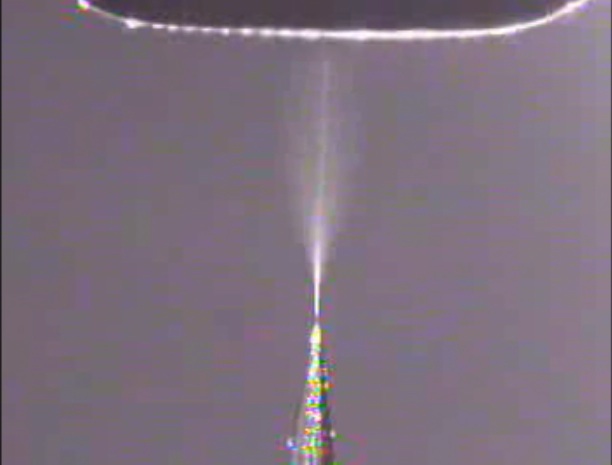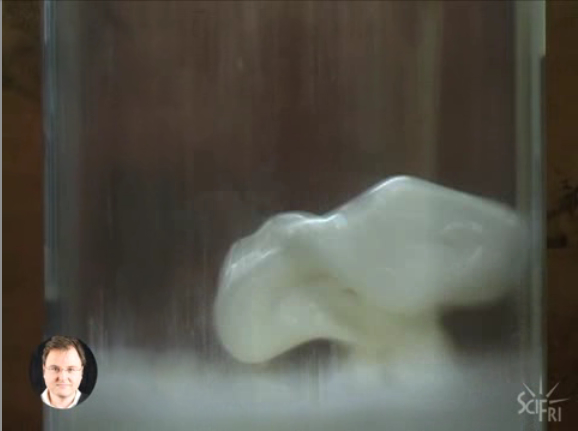In light of the previous post on the creation of platinum nanowires (as a low-cost fuel cell catalyst) via electrospinning, we stitched together an animation and several demonstrations of electrospinning…
Read MoreOne of the big divides the world of proton exchange fuel cell research is between those who are looking for an alternative to platinum (such as the University of Dayton’s…
Read MoreAlthough there is a tendency to associate aerogel with more exotic applications, one of the frustrations has been finding ways to incorporate the temperamental material into common large-scale manufacturing and…
Read More[This post has drawn a lot of attention, and we have updated it with the assistance of Professor Pan] A group of engineers at the University of Leicester in the…
Read MoreAerogels are incredibly lightweight (nearly lighter than air) and strong materials, and one of this blog’s most popular posts is a video demonstrating some amazing aerogel properties. Although it’s not…
Read MoreVia Gizmag, two Fraunhofer Institutes have teamed up to develop a clever and simple way of treating window glass to make it sensitive to motion and, thus, perfect for security…
Read MoreNIST and Johns Hopkins University researchers have unveiled a new speedy and sensitive probe that may prove to be a godsend for nano scientists and related businesses. The NIST-JHU team…
Read MoreThe staff at Science Friday, too, senses the masses growing interest in all things oobleck and is shamelessly trying to ignore this blogs leadership efforts and elbow us out of…
Read MoreLondon’s Science Museum has a great new exhibit – Fast Forward: 20 ways F1 is changing our world. The “F1” reference is, of course, to auto racing, which has always…
Read MoreOrganizers have announced that, due to high demand, the submission deadline for Materials Science & Technology 2009 Conference & Exhibition, slated for Oct. 25-29 in Pittsburgh, has been extended to…
Read More

